In Kenya's ever-shifting political landscape, where allegiances change faster than Nairobi traffic lights, one figure has mastered the art of being everywhere and nowhere at once. Meet Ndindi Nyoro—the Kiharu MP who has earned himself the unofficial title of "President of Fence Sitters," while simultaneously establishing his reputation as one of Kenya's most brilliant economic minds. His empire spans IT, financial services, and stock brokerage—credentials that positioned him to speak with authority on both policy and practice. Speaking at the CITAM Business Forum Expo in Nyeri on Saturday, August 6th, 2025 themed "Transformed to Transform.", Nyoro delivered what may be the most quotable economic advice of 2025: "Don't struggle to own the whole pond when you can own a piece of the ocean." In that single metaphor, Nyoro captured something profound about economic thinking that has resonated far beyond the conference halls of Nyeri. This isn't just business advice—it's a philosophy that explains why this 39-year-old economist-turned-politician has everyone from government insiders to opposition figures quietly singing his praises.
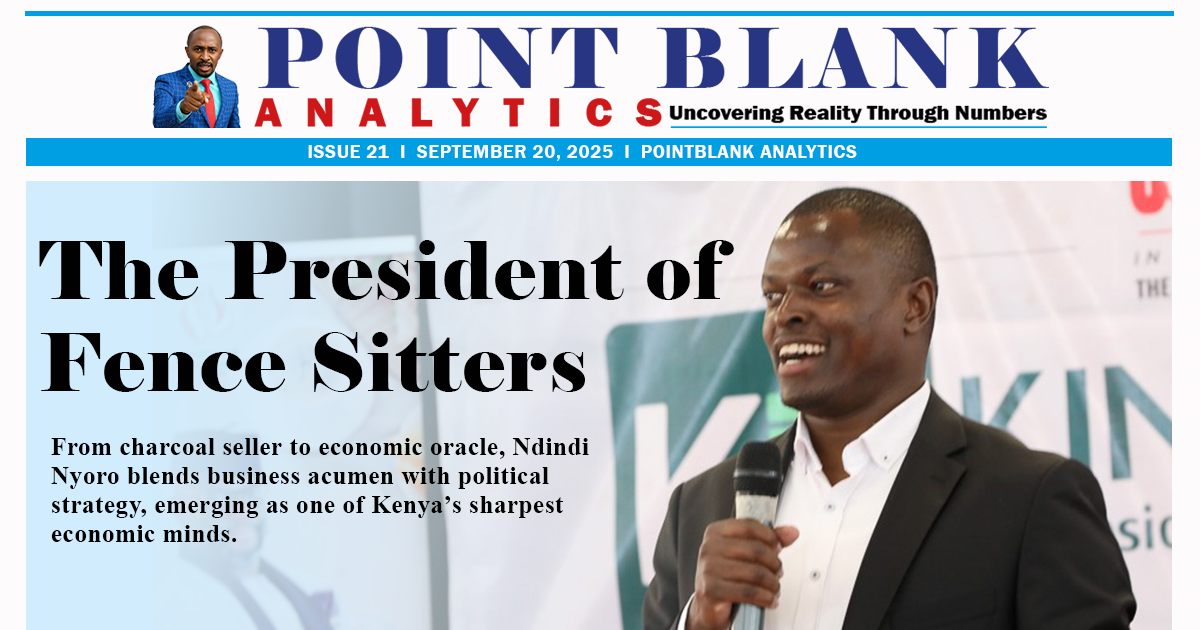
The Ocean vs. The Pond: A Masterclass in Economic Thinking
Nyoro's ocean-pond metaphor cuts to the heart of Kenya's economic challenges. The "pond" represents the small-scale, zero-sum mentality that has dominated much of Kenya's business culture—fighting over limited market share, ethnic business networks, and county-level opportunities.
The "ocean," however, represents the vast, untapped potential of regional markets, global value chains, and scalable enterprises. For entrepreneurs and investors at CITAM Nyeri, this wasn't just motivational speaking—it was strategic intelligence from someone who has lived both realities.
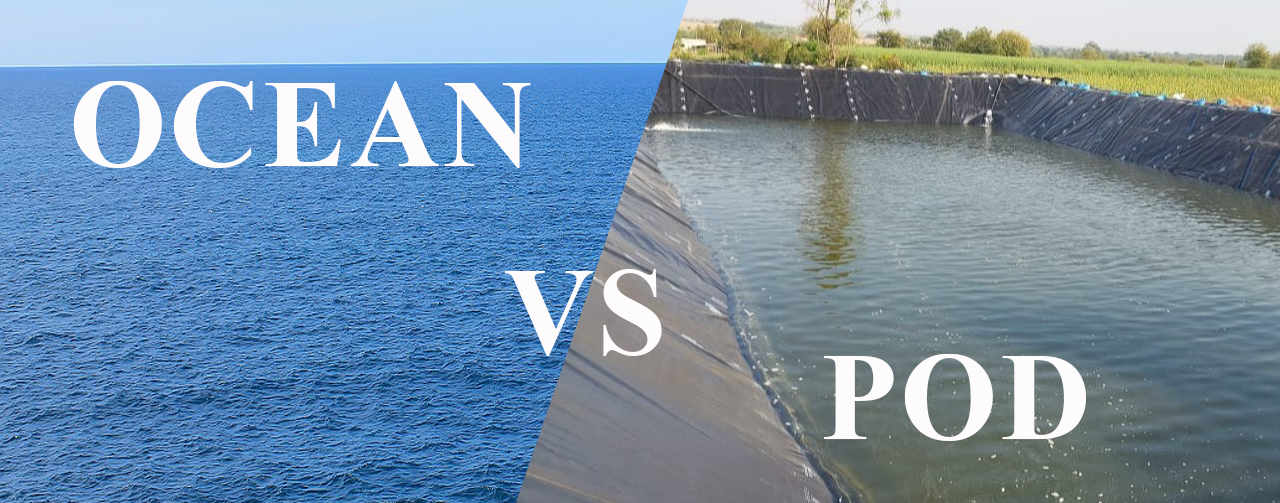
From Charcoal to Parliament: The Making of an Economic Oracle
Born December 12, 1985, Ndindi Nyoro's journey reads like Kenya's ultimate success story. This is a man who sold charcoal as a child, repaired shoes to pay school fees, and hawked goods in the streets of Nairobi before becoming one of parliament's most respected voices on economic policy.
A Kenyatta University economics graduate and former student leader, Nyoro didn't just study economics—he lived it. His entrepreneurial journey began remarkably early—in Class 6 with his first kiosk, driven by necessity rather than grand ambition. From a family where his father was a small time carpenter in Kiandutu slums and his mother was a peasant farmer, young Nyoro found inspiration in his uncle Matano, who owned a car despite never completing high school.
Before entering politics, he built a business empire spanning telecommunications (Afrisec Telecoms), financial services (Investax Capital stock brokerage), construction, and water engineering. His journey through Kiambugi Boys Secondary saw him making shoes for his schoolmates and strategically positioning himself as an official in multiple clubs to run the school canteen. By university at KU, he had expanded into hospitality with his "Vatican Cafe" hotel.
Now serving his second term as MP for Kiharu Constituency under the United Democratic Alliance (UDA), Nyoro recently served as Chairman of the powerful Budget and Appropriations Committee, where he oversaw Kenya's budget process with the precision of someone who understands money from both the streets and the spreadsheets.

The Strategic Art of Fence-Sitting
In Kenya's tribal politics, where every leader must choose sides, Nyoro has chosen a different path. Recent reports show residents urging him to vie for president, with many believing "the MP's development record speaks for itself and is sufficient to propel him to the top seat".
Yet Nyoro maintains his strategic ambiguity. Even after being replaced as Budget Committee Chairman in March 2025, Nyoro admitted he "has no idea why he was removed," maintaining his characteristic calm.
This isn't weakness—it's political genius. Like the late President Mwai Kibaki, whose patient approach to politics ultimately delivered him the presidency and Kenya's fastest economic growth period, Nyoro seems to understand that in Kenya's volatile political climate, the smartest play is often no play at all.
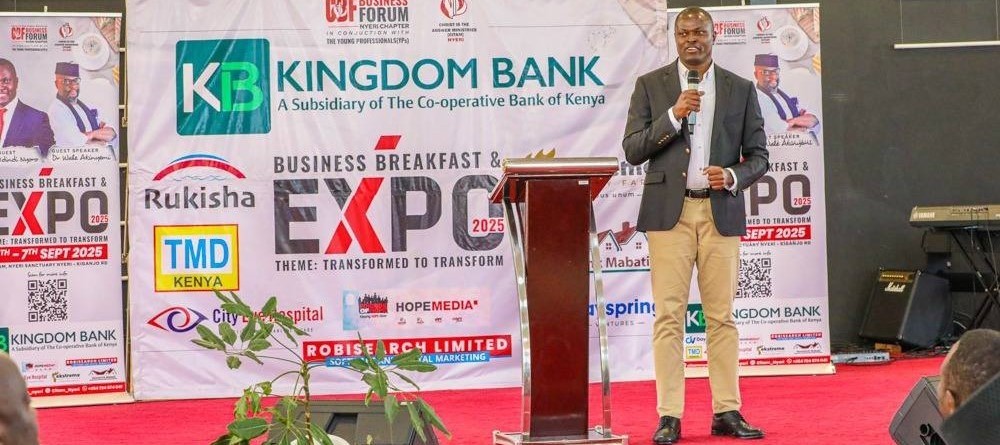
The Economics of Development: Why Kiharu Matters
Critics may question his political positioning, but they cannot argue with results. As one legal expert noted, "What is wrong with Ndindi Nyoro prioritising his constituency in development?" with another adding that "MPs hate Ndindi Nyoro because he used his CDF allocation to develop his Kiharu constituency".
Based on his CITAM Nyeri presentation, Kiharu's transformation under his leadership is impressive: 112 public primary schools, all with tiled classrooms representing comprehensive infrastructure overhauls, seven new day schools built from scratch, and a revolutionary subsidy program where learners in day secondary schools pay only 1,000 shillings per term. This includes meals from Monday to Saturday, with students enjoying chapati for lunch on the last Friday of each month.
This is the "ocean thinking" in practice. While other MPs engage in political theater, Nyoro has focused on turning Kiharu into a model of what targeted development can achieve.
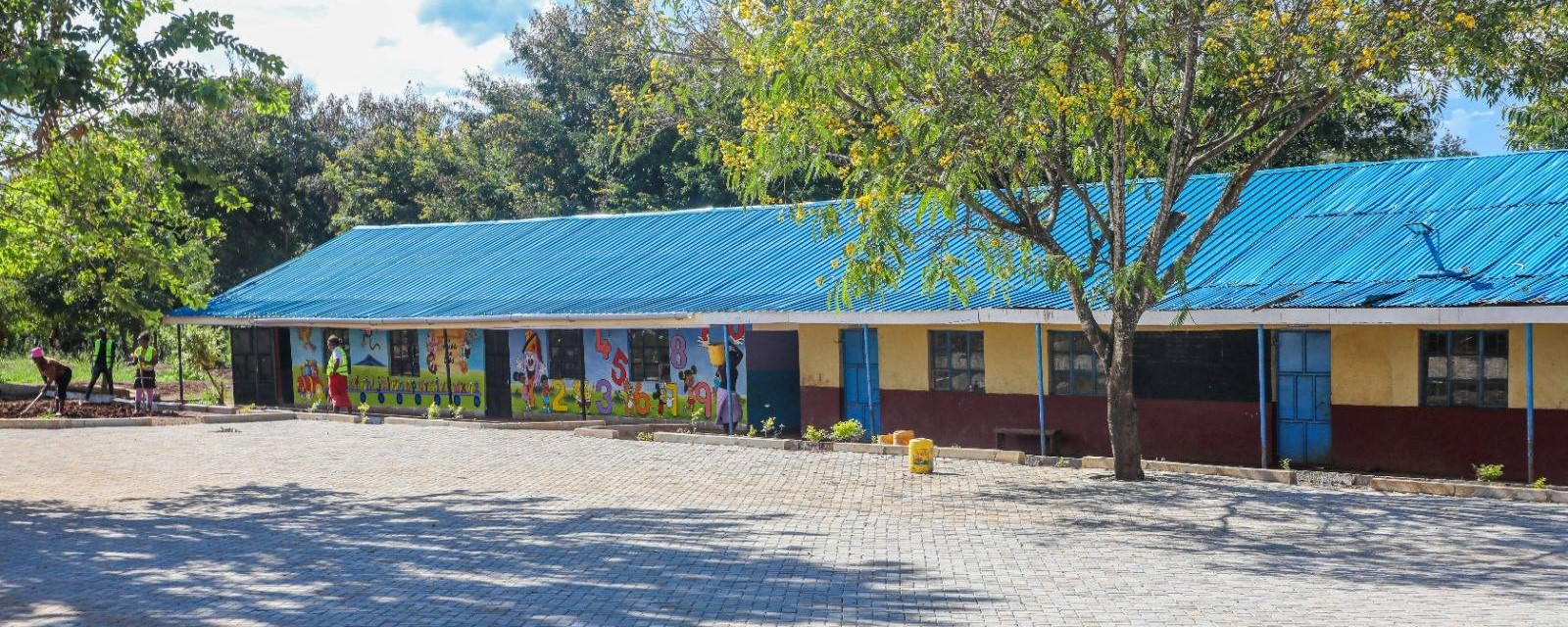
The Kibaki Comparison: Is History Repeating?
The comparisons to Mwai Kibaki aren't accidental. Both economists by training, both known for their quiet intelligence, both preferring development over drama. Kibaki's patient approach eventually delivered him the presidency and ushered in Kenya's fastest economic growth period.
With over 1 million followers on social media and a growing national profile, Nyoro seems to be following a similar playbook: build credibility through competence, stay above the fray, and let the nation come to you.
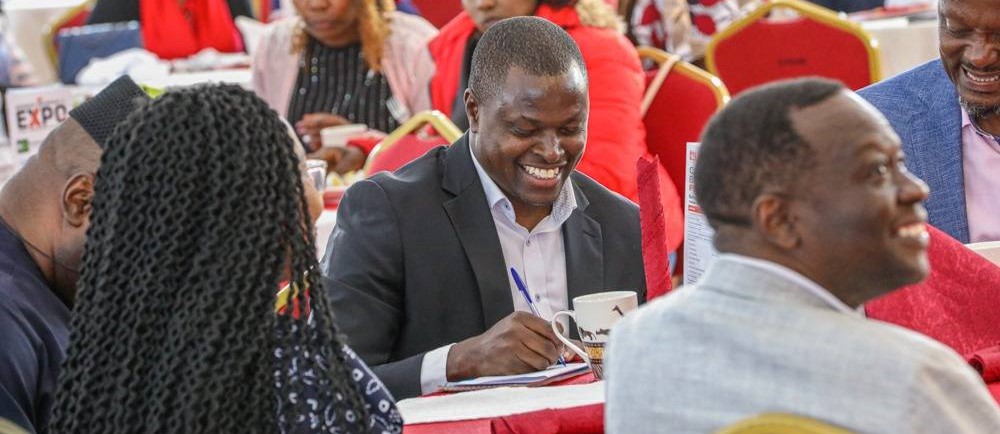
What the Ocean Strategy Means for Kenya
Nyoro's CITAM Nyeri message goes beyond individual entrepreneurship—it's a roadmap for national economic strategy. His stark economic warnings during the presentation were particularly sobering: Kenya now borrows approximately 100 billion shillings monthly, with national debt exceeding 12.1 trillion shillings. The country has borrowed over 3.5 trillion shillings in just three years—three times what President Kibaki borrowed in his entire 10-year tenure.
"Every single day, Kenya is borrowing 3.4 billion shillings," he warned, expressing deep concern about fiscal responsibility and the need to avoid the fate of Sri Lanka, Ghana, Ethiopia, and Zambia.
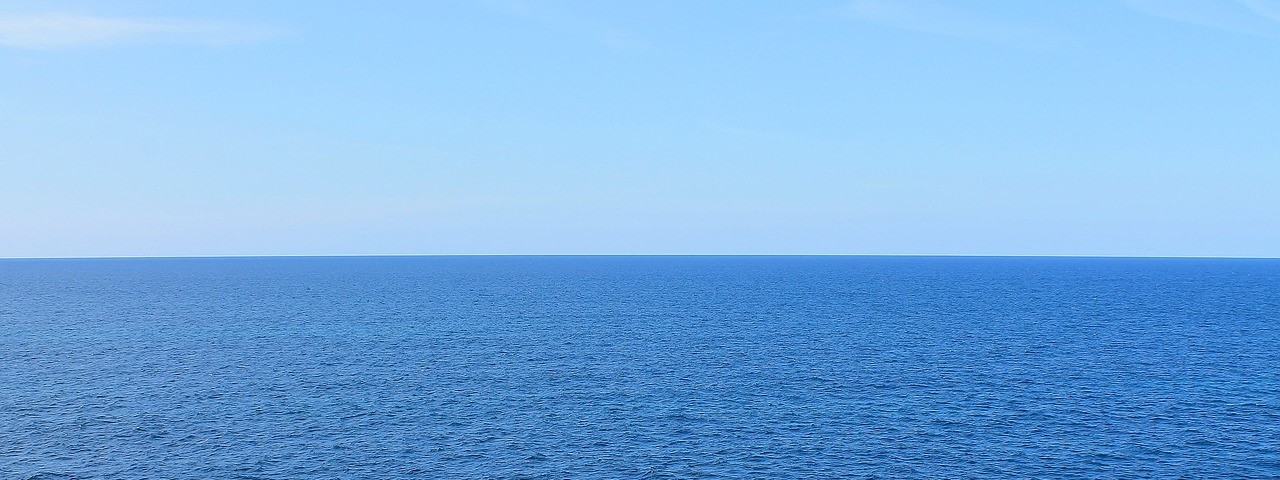
- 𝐓𝐡𝐞 𝐨𝐜𝐞𝐚𝐧 𝐬𝐭𝐫𝐚𝐭𝐞𝐠𝐲 𝐦𝐞𝐚𝐧𝐬:
- • 𝐕𝐚𝐥𝐮𝐞 𝐀𝐝𝐝𝐢𝐭𝐢𝐨𝐧: Move beyond raw material exports to processed goods
- • 𝐈𝐧𝐧𝐨𝐯𝐚𝐭𝐢𝐨𝐧 𝐇𝐮𝐛𝐬: Build ecosystems, not just individual businesses
- • 𝐋𝐨𝐧𝐠-𝐭𝐞𝐫𝐦 𝐓𝐡𝐢𝐧𝐤𝐢𝐧𝐠: Invest in infrastructure and education that pay dividends in decades, not quarters
- • 𝐒𝐭𝐫𝐚𝐭𝐞𝐠𝐢𝐜 𝐏𝐚𝐫𝐭𝐧𝐞𝐫𝐬𝐡𝐢𝐩𝐬: Understanding that no billionaire owns 100% of their primary business—citing examples like Jeff Bezos (12.7% of Amazon), Elon Musk (13% of Tesla), and Bill Gates (less than 1% of Microsoft)
The President of Fence Sitters Advantage
In a country exhausted by political divisions, Nyoro's refusal to be easily categorized may be exactly what Kenya needs. His fence-sitting isn't indecision—it's strategic patience combined with substantive policy thinking. Whether discussing the mathematics of wealth creation through strategic partnerships at CITAM Nyeri, or analyzing Kenya's economic performance relative to regional competitors, Nyoro consistently demonstrates the kind of economic literacy that Kenya desperately needs in its leadership.
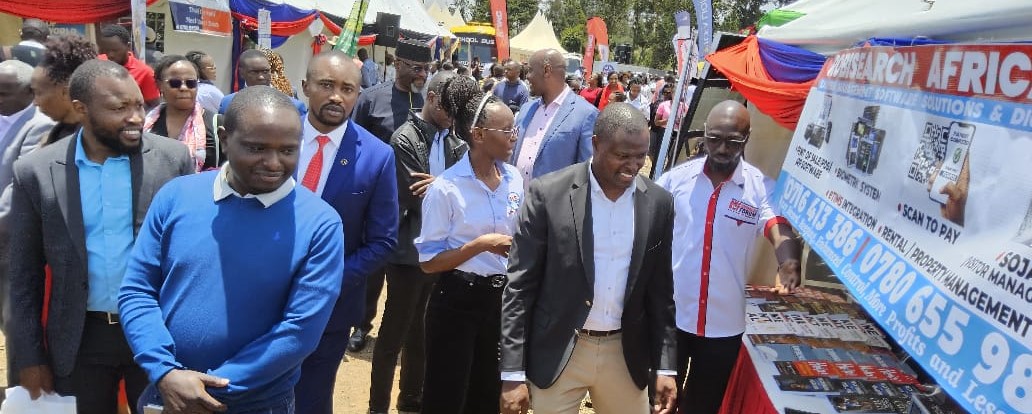
The Road Ahead: From Fence to Front
As residents increasingly urge him toward higher office, the question isn't whether Nyoro has the competence for national leadership—his track record suggests he does. The question is whether Kenya is ready for a leader who thinks in oceans while others fight over ponds.
His vision articulated at CITAM Nyeri was transformational: moving attendees from millionaire (M) to billionaire (B) status, challenging them to think beyond traditional business limitations. "We would want in the next few years the owner of this lead sponsor to be from this hall," he declared, painting a picture where business forum attendees could compete to be lead sponsors rather than mere participants.
In an era of soundbite politics, Nyoro offers substance. In a time of tribal mobilization, he offers technical competence. In a season of economic crisis, he offers solutions grounded in both theory and hard-won experience.
The President of Fence Sitters may not be choosing sides, but increasingly, it looks like Kenya might choose him.
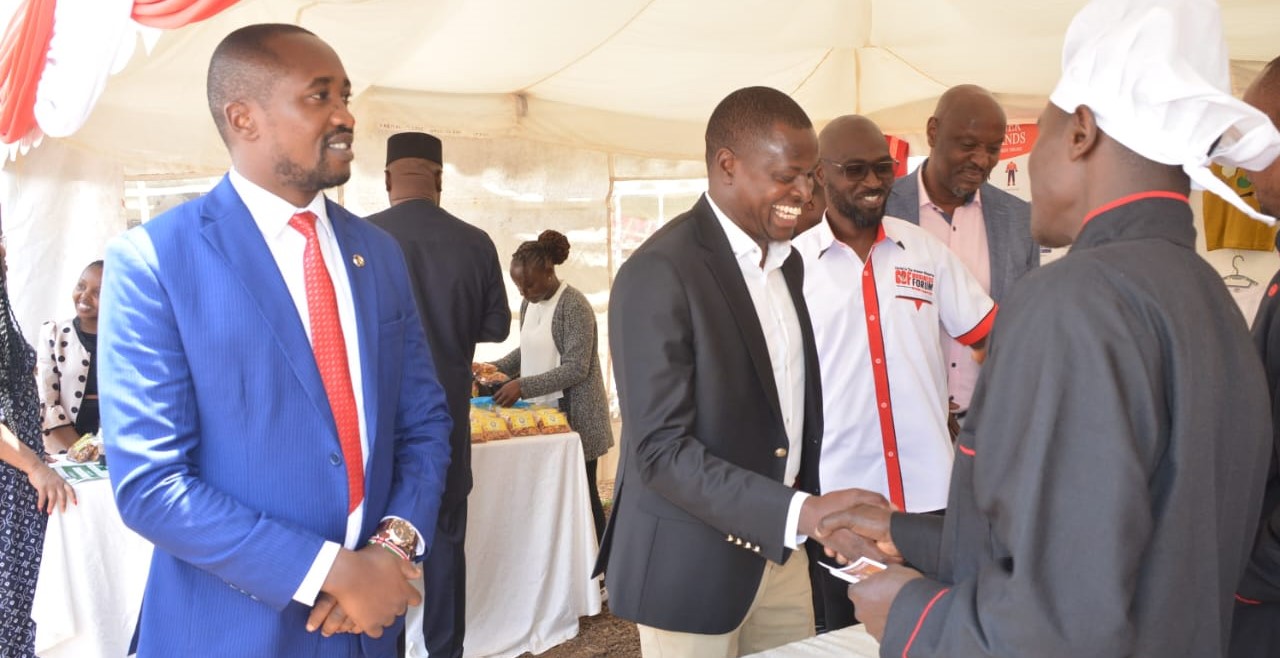
What do you think?
Is Nyoro's ocean-thinking exactly what Kenya needs, or is political fence-sitting a luxury the country can't afford? Share your thoughts in the comments below.

Editorial Note
This analysis represents expert commentary on economic policy and political developments. All information has been fact-checked and cross-verified from reliable sources. The views expressed are based on professional analysis and independent research.

